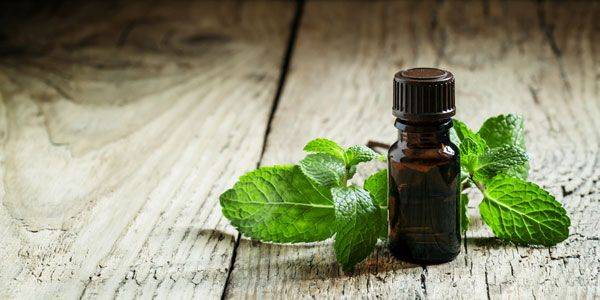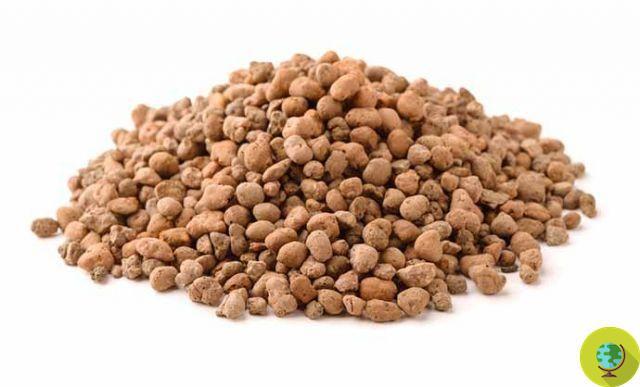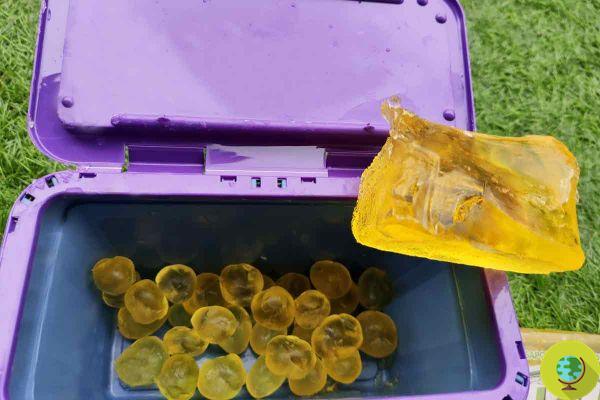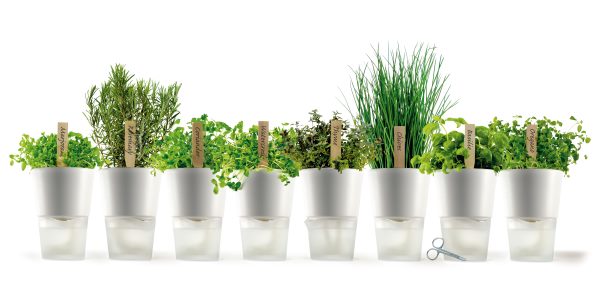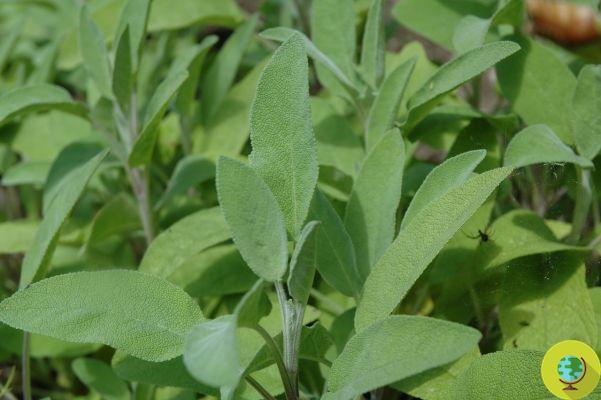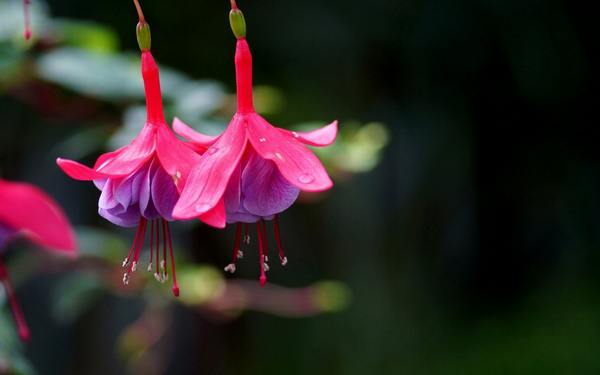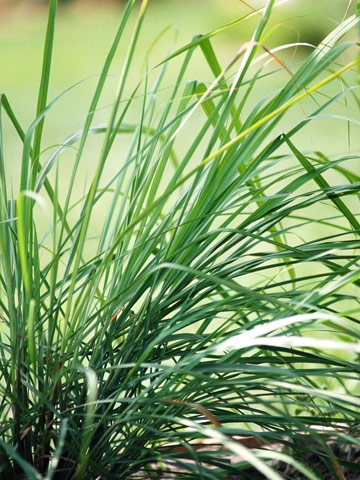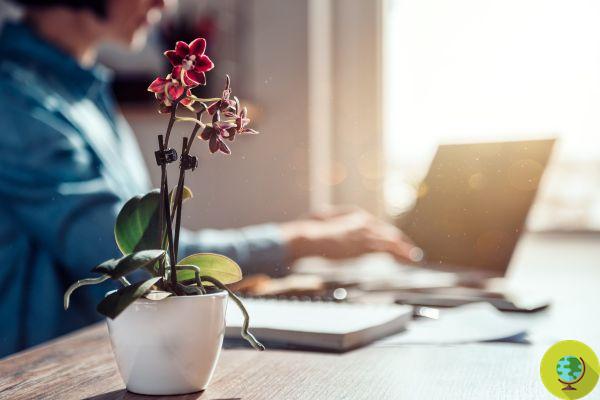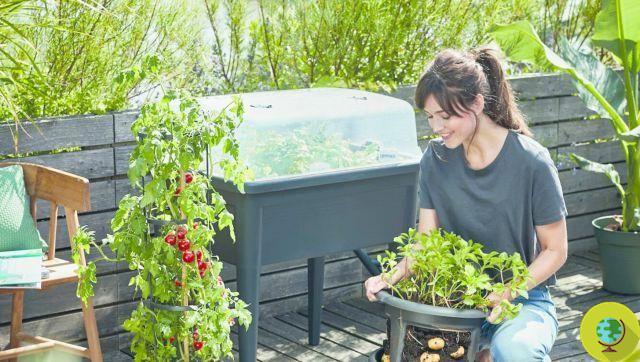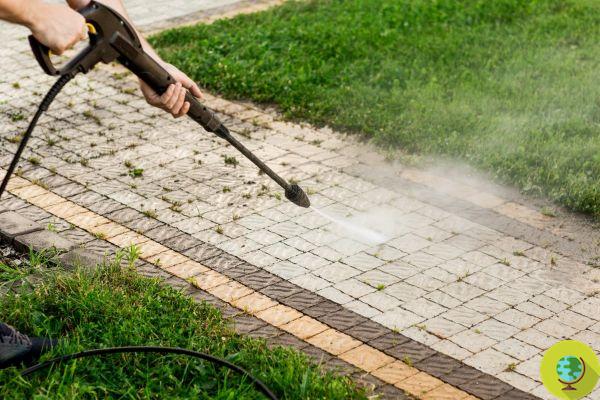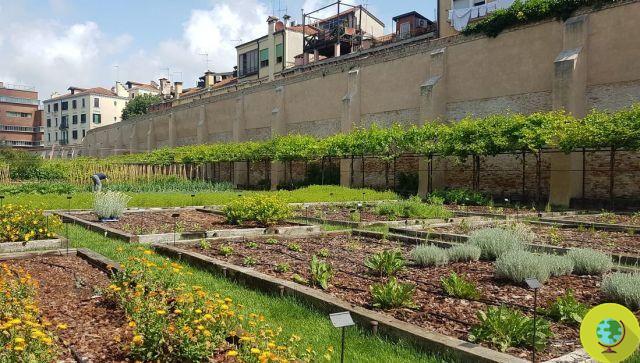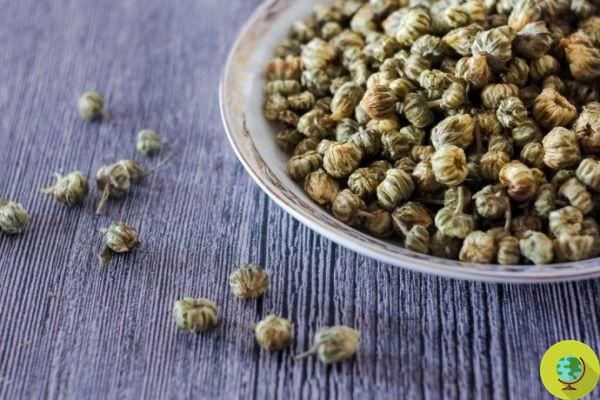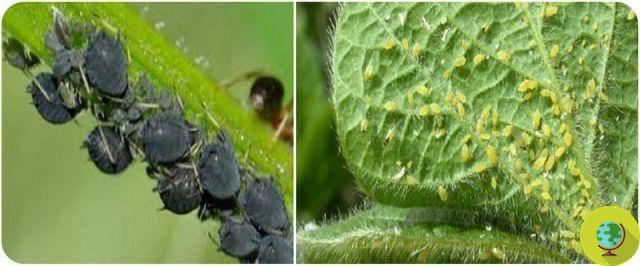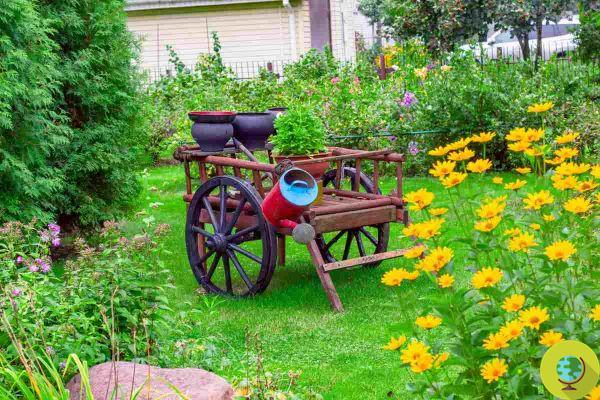Orchids are wonderful plants that can add color to our home and garden with their flowers. Growing orchids is simple when you know the needs and correct needs for light and water of these plants.
Orchids are wonderful plants that can add color to our home and garden with their flowers. Grow orchids it is simple when you know the needs and correct needs for light and water of these plants.
We recommend that you choose the best varieties of orchids to grow at home or in the garden following the advice of your trusted nurseryman. We have good news for you: orchids can bloom again and during the summer you can transfer them outdoors.
Here are so many useful tips for grow orchids indoors or in the garden.
 READ also: THE 10 FLOWERS AND ORCHIDS THAT LOOK AS ANIMALS (AND NOT ONLY)
READ also: THE 10 FLOWERS AND ORCHIDS THAT LOOK AS ANIMALS (AND NOT ONLY)
Index
How to grow orchids indoors
Have they given you a potted orchid and you don't know how to take care of it? Here are some helpful tips for growing orchids indoors, from the choice of the position to the watering, up to the varieties most suitable for living in a closed environment.
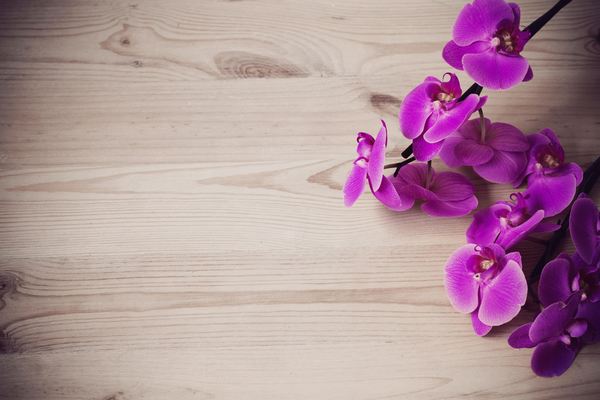
How to choose orchids
There are different types of orchids. If you don't have a green thumb and tend to abandon your plants to themselves, choose the most resistant orchids: Cattleya, Oncidium, Dendrobium. If it is quite hot in your house, choose between Vanda and Angraecum orchids. If the climate in your house is cool, prefer the orchids Cymbidium, Odontoglossum, Masdevallia.
Luce
Orchids usually prefer light. So the advice is to place the orchids in the brightest room of the house or near a window. However, it is better to avoid direct sun exposure so as not to risk burning the orchids.
Temperature
Some orchids adapt to different light and temperature conditions. When choosing an orchid, ask your trusted nurseryman for more details who will be able to advise you the most suitable temperature according to the varieties. Orchids usually like houses with mild temperatures and no cold drafts.
Humidity
Many of the orchids that are usually grown indoors are native to the tropics and therefore prefer rather humid environments. You can try to increase humidity placing multiple orchids close together.
How to water orchids
You will have noticed that if you water the orchids as you do for the other plants, the water runs off immediately. This is because orchids are not planted in common potting soil but in bark enriched potting soil. The secret to watering orchids the correct way is to transfer the pot into a bowl or basin with water for 10-15 minutes so that the plant can absorb it in the right amount. Water the orchids like this once or twice a week. The frequency of watering depends on the variety of orchids and their resistance to drought.
Fertilize orchids
Orchids don't always need fertilizers, especially if you notice that they bloom easily. Occasionally, however, during the growing period of the new leaves, it can be used a specific fertilizer for orchids to buy in garden stores. Don't use too much fertilizer to avoid burning orchid roots.
Make orchids bloom again
Sometimes orchids bloom again, other times they don't. How come? Perhaps you have neglected your orchids. Experts suggest continuing to water orchids regularly even when the flowers are gone, fertilizing them from time to time with water-soluble fertilizers formulated for orchids, and placing them in the light. In fact, orchids often fail to bloom again precisely because they do not have sufficient light available. Orchids love natural light and proximity to east- or west-facing windows.
How to grow orchids in the garden
Is your garden the right climate for growing orchids? Or maybe it would be better to grow orchids in pots and move them from the house to the garden only during the summer? Here are some helpful tips for growing orchids in the garden.
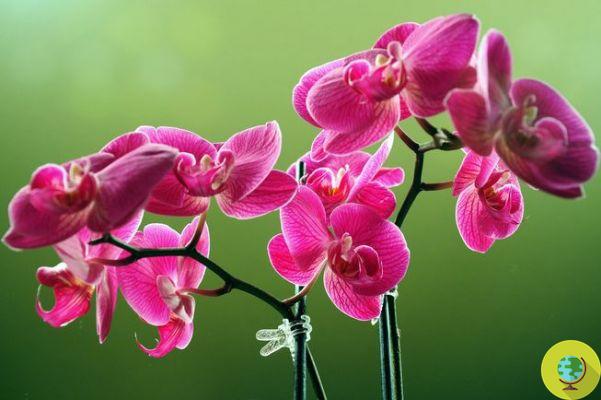
Variety of orchids
To grow orchids in the garden, you need to know what they are the most suitable species to be placed outdoors based on the region you live in and its climate. Orchids in general need a warm climate to survive the outdoors. Among the varieties of orchids suitable for an intermediate climate (non-tropical, with a mild climate during the day and cold temperatures at night) we find the Oncidium, Cymbidium, Dendrobium and Cattleya orchids.
Beware of frosts
Before transferring your orchids to the garden, be sure that by now the periods of frosts have passed.
Location
Place the orchids in a bright place of your garden. The advice is to grow orchids in pots also outdoors so that you can move them to the sun or shade as needed. Otherwise, you can create nettle beds near the trees in your garden.
Watering
You will have water the orchids which are found outdoors more often than home grown orchids because the sun tends to dry them out quickly. Orchids need a warm, humid environment.
Protection
To protect orchids from insects you can vaporize them from time to time with water to which you have added someneem oil, a natural pesticide.
Type of terrain
Outdoor-grown orchids require planting in soil formed by a mix of soil, sand and bits of bark. With the bark bits you can create a natural mulch that will prevent the growth of unwanted weeds around the orchids.
Potted even outdoors
Growing orchids near tree trunks is helpful in protecting plants from the cold during the winter. But if you live in a region where winter is harsh the advice is to grow orchids in pots to be placed indoors in winter and outdoors in spring and summer.
Marta Albè
Read also:
 FIOR DI VESPA: THE BEE-SHAPED ORCHID
FIOR DI VESPA: THE BEE-SHAPED ORCHID
 APRIL: TIME OF SPONTANEOUS ORCHIDS
APRIL: TIME OF SPONTANEOUS ORCHIDS
 MONKEY ORCHID: THE MONKEY-SHAPED ORCHID
MONKEY ORCHID: THE MONKEY-SHAPED ORCHID




